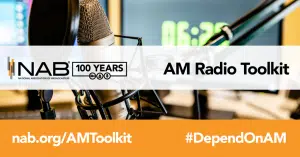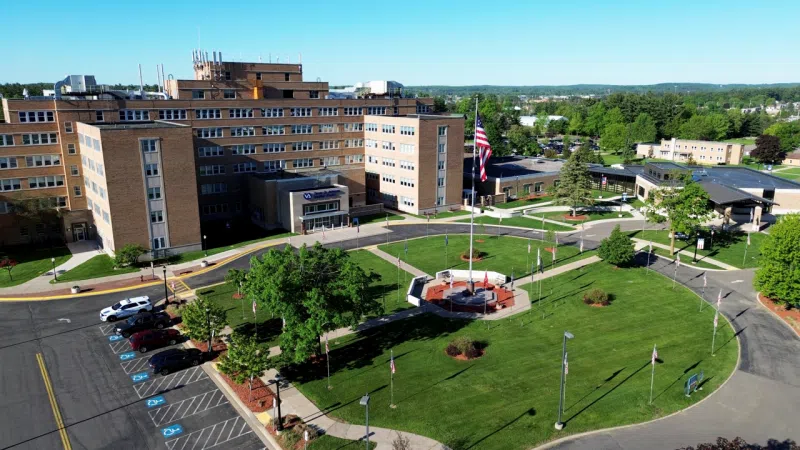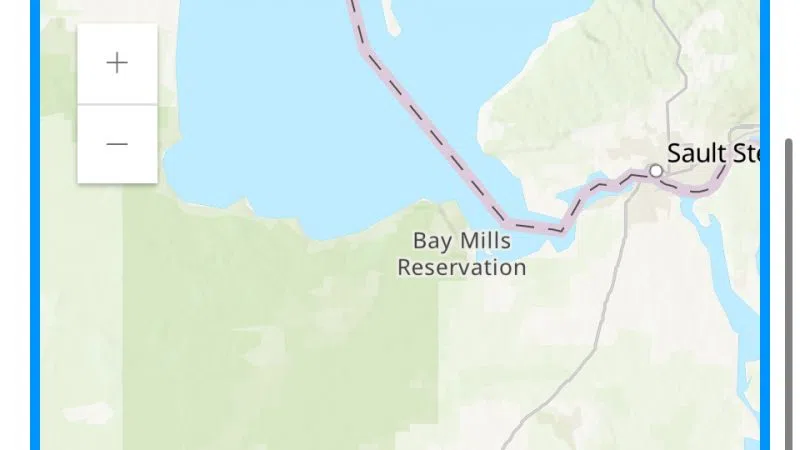The Michigan Department of Health and Human Services has released its annual report on Pathways to Potential to detail its impact during the 2016-17 school year.
The report shows chronic absenteeism decreasing by more than 20 percent in several counties since caseworkers known as success coaches were first assigned there; interventions by caseworkers that helped more than 45,000 students, parents and others; and more than 20,000 cases in which Pathways provided basic needs to students and families through donations.
“This report demonstrates the positive effects of providing human services in locations where clients are already going their community schools,” said Matt Lori, deputy director of Policy, Planning and Legislative Services for MDHHS. “When we work one-on-one with families to identify and remove barriers to success and connect them to a network of community services, they can become self-sufficient, find the pathway to success and realize their dreams.”
Pathways to Potential targets five outcome areas: student attendance, education, health, safety and self-sufficiency. During the 2017-18 school year, success coaches assisted families in 300 schools in 41 counties. Among the findings in the report, with all data being for the 2016-17 school year:
- Schools in six counties decreased chronic absenteeism by more than 20 percent in their Pathways schools since they became part of the program. They are: Kalkaska (28 percent), Newaygo (26 percent), Ontonagon (25 percent), Ottawa (24 percent), Oakland (22 percent) and Jackson (21 percent).
- Pathways to Potential had 131,307 interventions with 45,975 individuals 32,019 were students, 11,080 were parents or caregivers and 2,804 were community members, which could include siblings of students or other adults in the home. Interventions can include face-to-face meetings, phone calls and other forms of communication.
- Pathways addressed attendance in 49,813 interventions, making attendance the No. 1 purpose for intervention. Ranked from second to seventh, in order, were: family support, students’ basic needs, physical and mental health, academic success, home and family life issues, and student behavior.
- Pathways is fulfilling its focus of making sure students go to school by providing students and families with basic needs such as donated clothing, hygiene items, household supplies and school supplies in 20,654 cases. Students who don’t have these basic needs met often do not go to school.
- In looking at actions that resulted from interventions, the most common action was meeting a basic need, such as providing students or families with donated clothing, hygiene items, or household or school supplies. Referring the family to a community resource was the second most common action taken. The third most common action was providing student incentives for good attendance � such as donated toys or bikes or pizza or ice cream parties.
The report includes success stories about students and families in Macomb and Gladwin counties.
Pathways began in Detroit, Flint, Pontiac and Saginaw schools during the 2012-13 school year and has expanded to locations around the state since then. Gov. Rick Snyder has said that Pathways demonstrates a better way of providing government services by making caseworkers available to provide services to families in locations that they already visit rather than having them visit government offices to seek assistance.
Learn more about Pathways and find the annual report at www.michigan.gov/pathwaystopotential




















